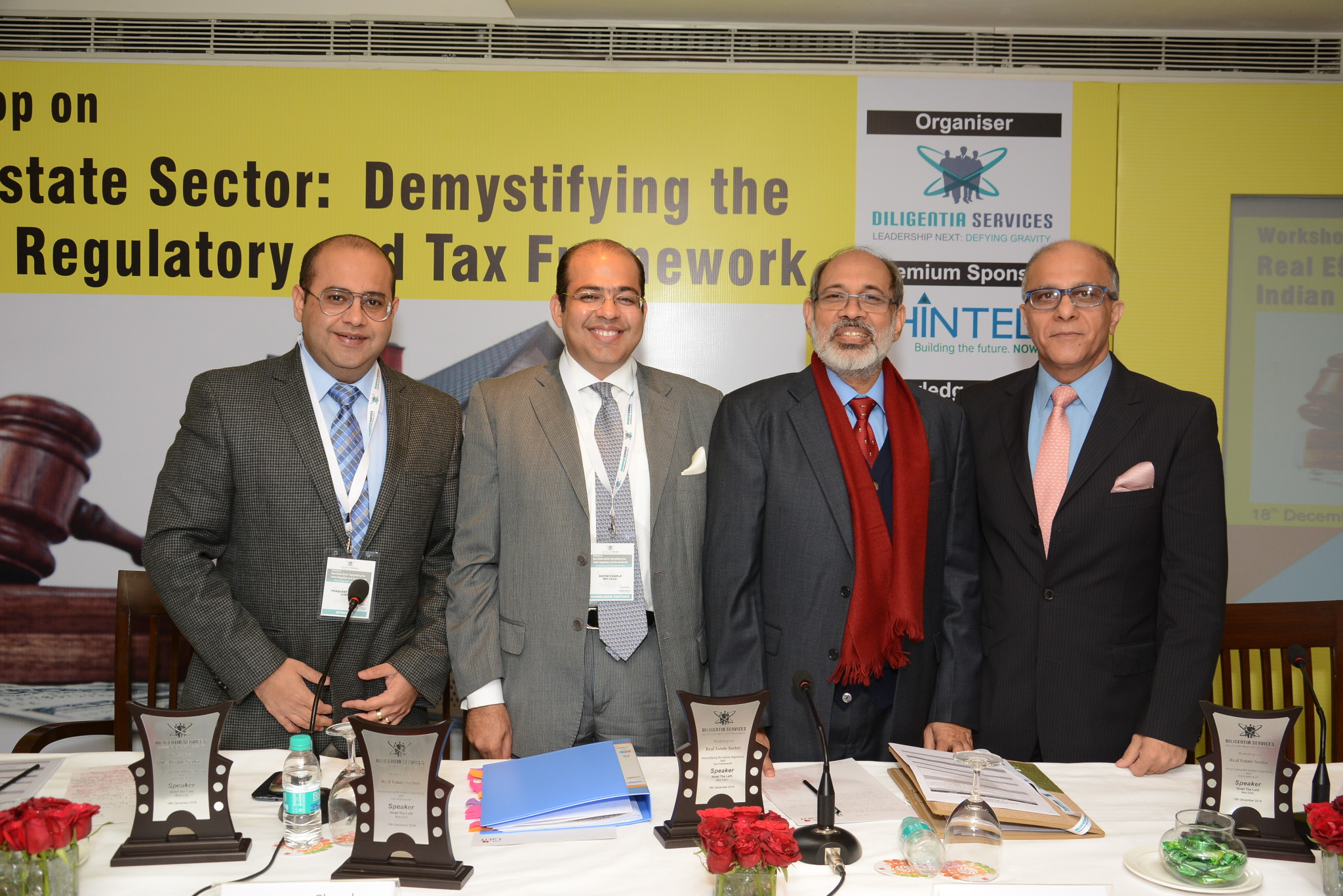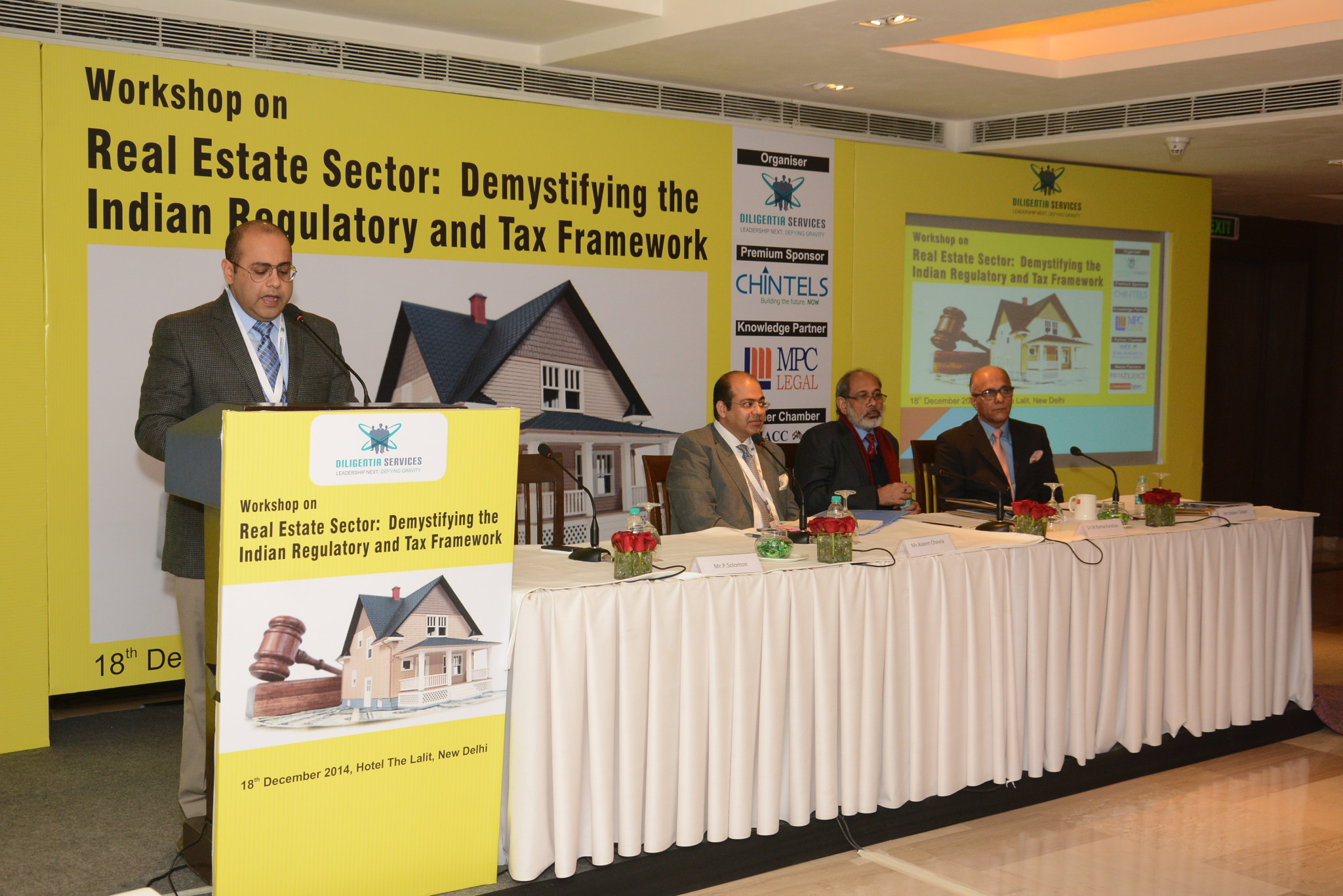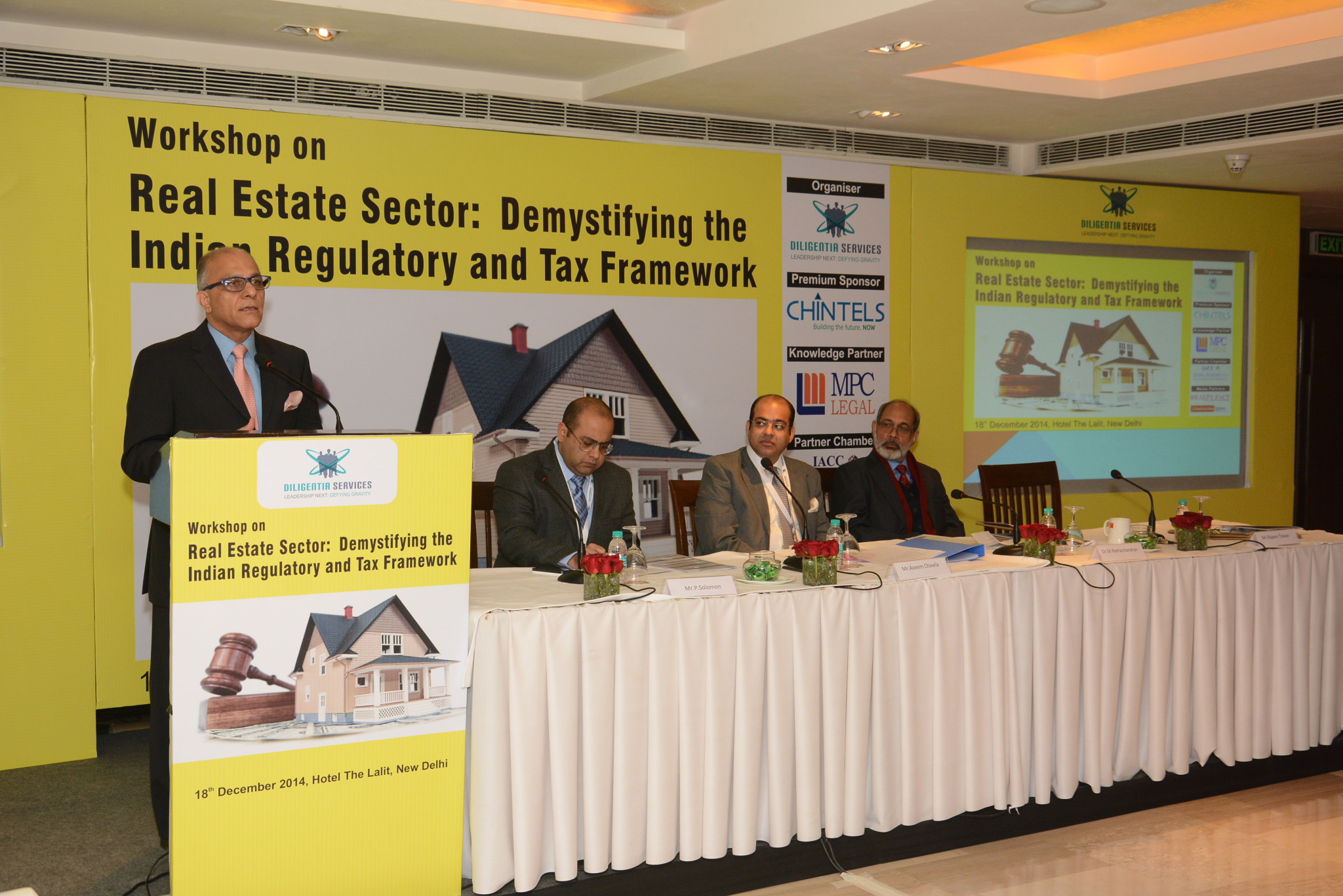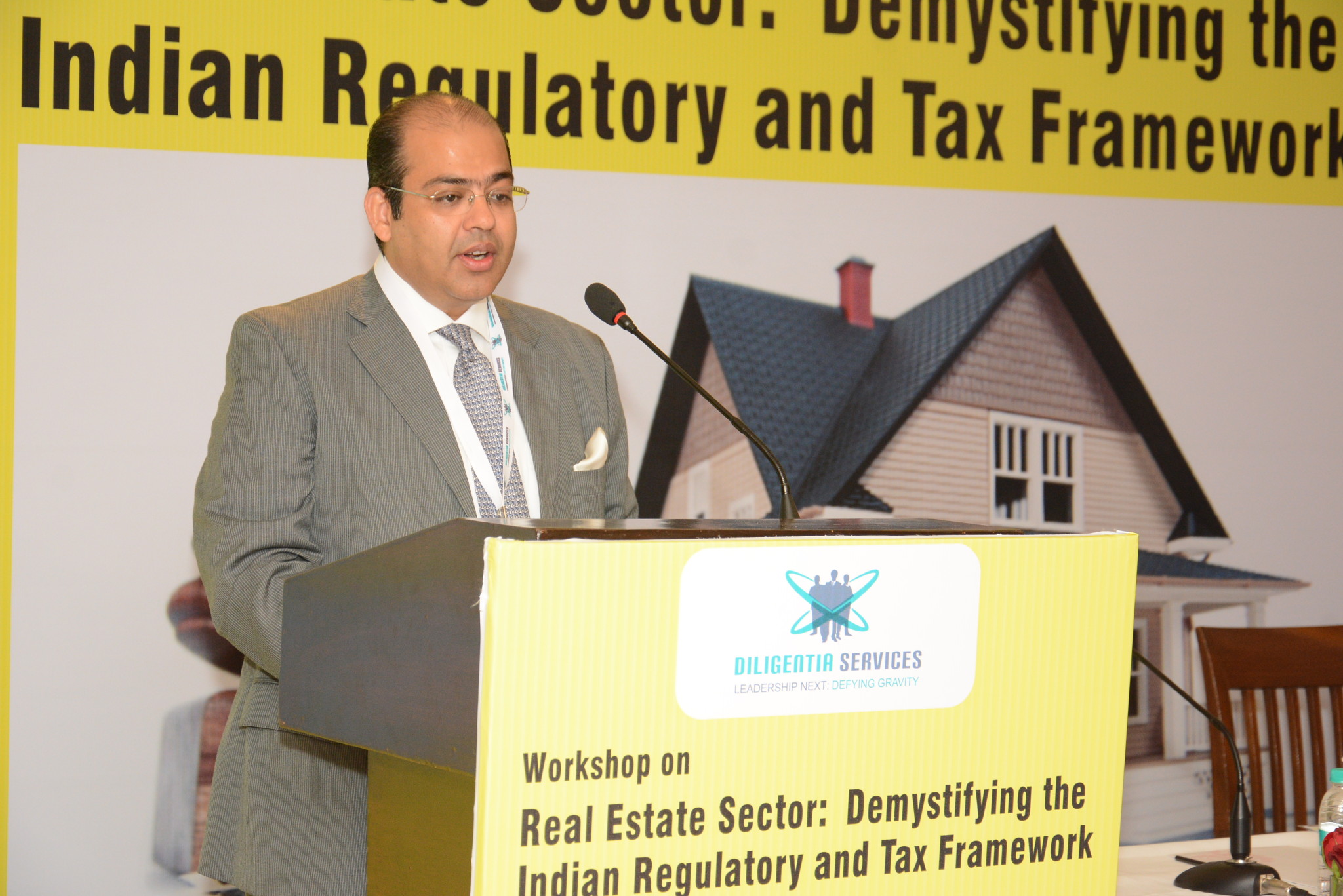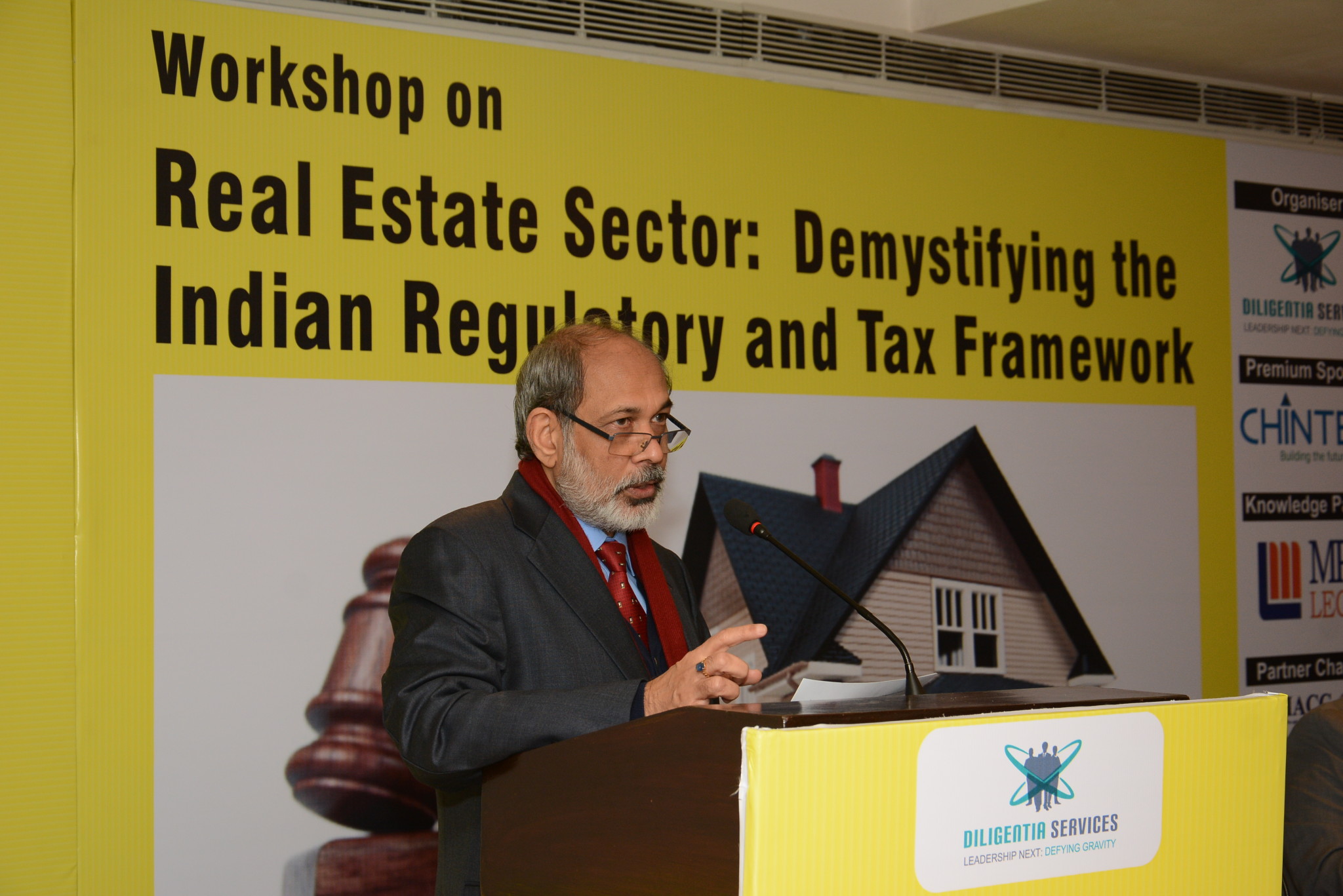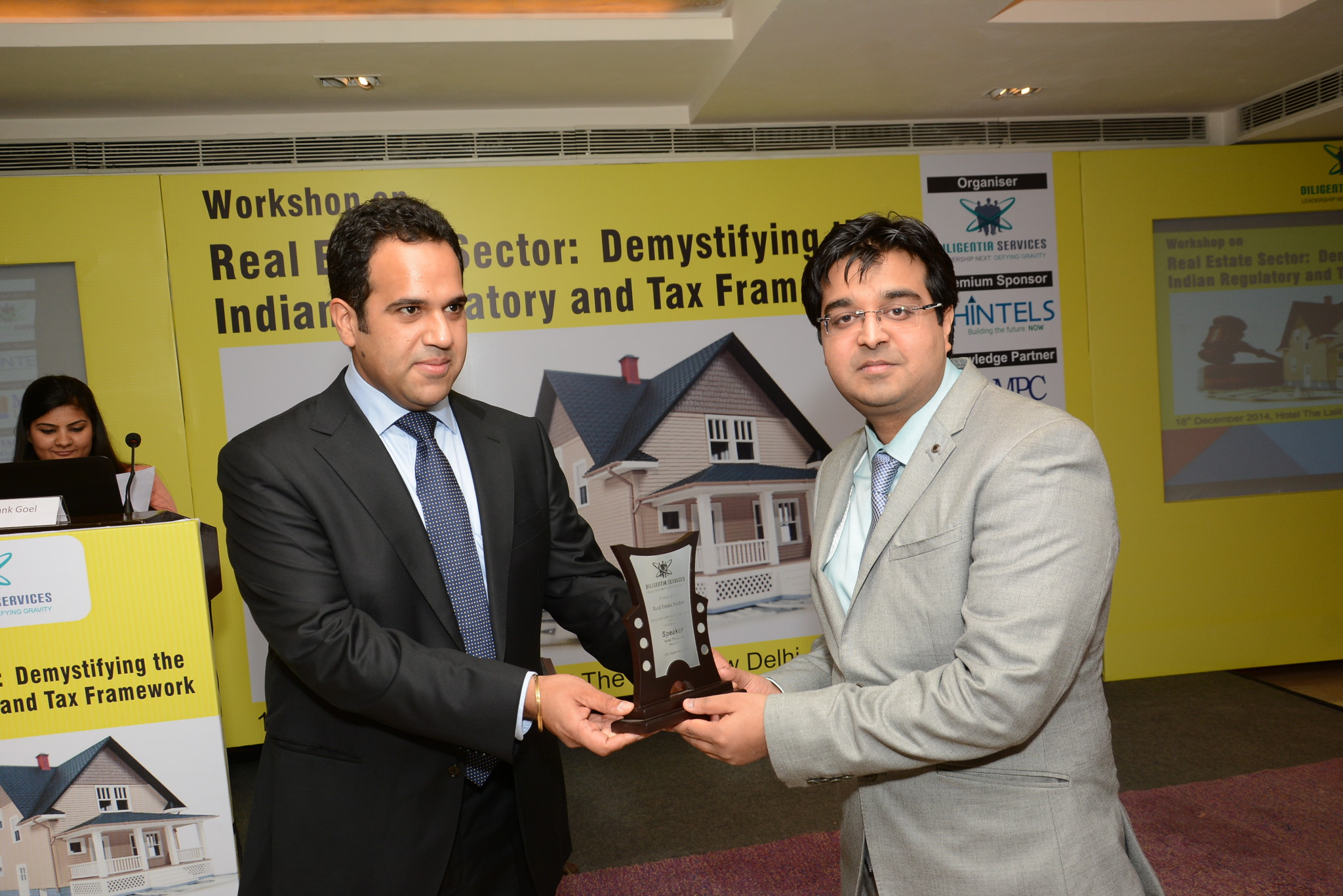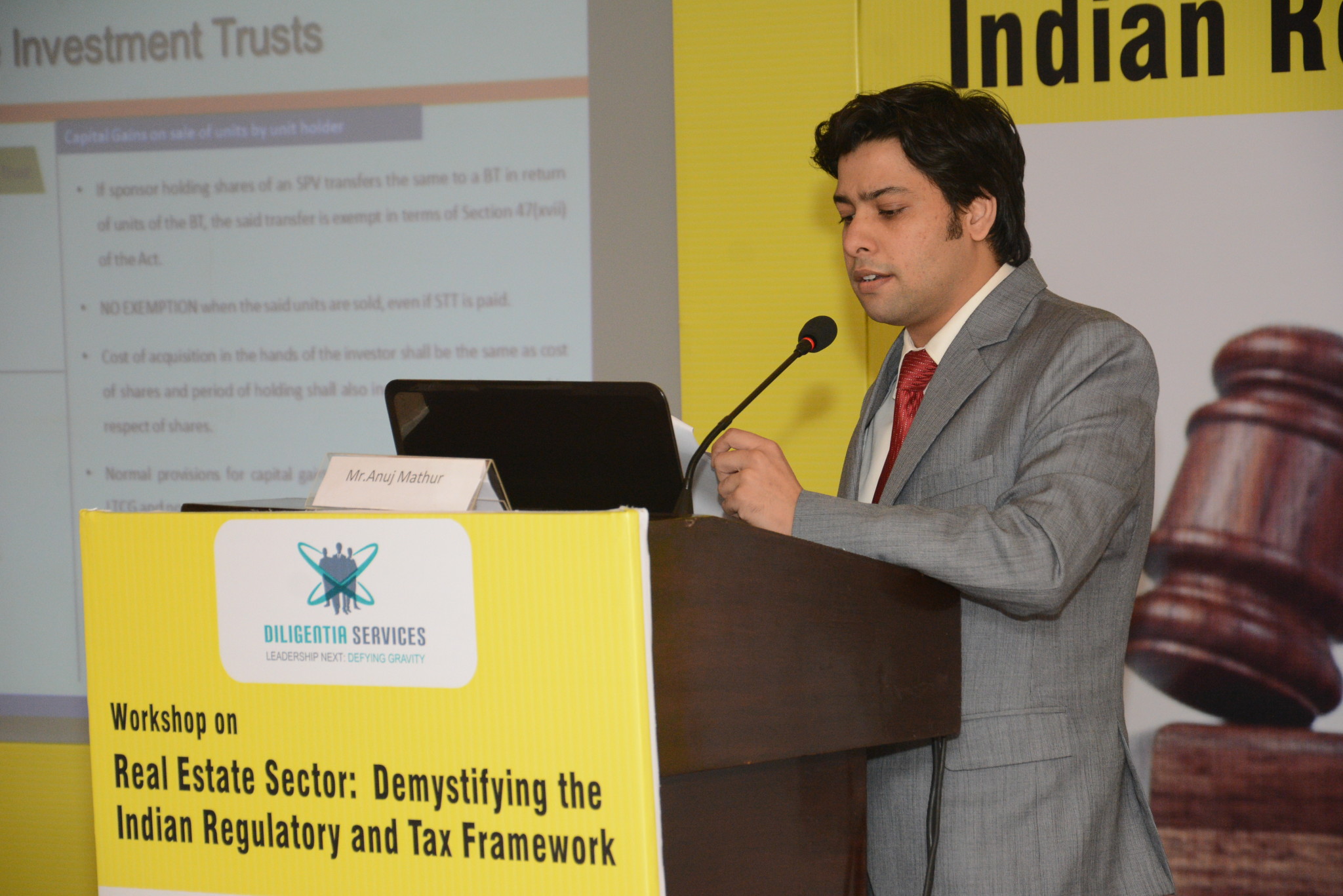Aseem Chawla
Member of Bar Council of India
Aseem Chawla, a Member of Bar Council of India and a Fellow Member of the Institute of Chartered Accountants of India (ICAI), is the (Founder) Partner and tax practice leader of the tax practice group at MPC Legal.
Aseem has extensive experience in advising on variety of tax matters including International tax, cross border tax issues/structuring and representing clients in tax litigation matters before various appellate forums. He has co-authored CCH Wolters Kluwers Publication on A Compendium of Advance Rulings on Income Tax. He has contributed in IFA Cahiers, 2013 (Annual Congress held in Copenhagen) as country reporter for India on Exchange of Information. Recently, his contribution has been acknowledged in the Kanga and Palkhivalas Income Tax Commentary, 10th Edition, an acclaimed treatise on Indian Income Tax laws.
Aseem is a visiting Associate Professor with the ICAI, member of the Executive Committee of India Branch of the International Fiscal Association (IFA), Vice-Chair of India Committee of American Bar Association (ABA), Section of International Law and also the Co-Chairman of the Direct Taxes Committee of PHD Chamber of Commerce and Industry, India.
He has constantly featured amongst the leading International tax experts in the Independent surveys including the Legal 500, Chambers and Partners, Asia Pacific Region and Whos Who of Corporate tax lawyers. Aseem features in the publications of Indias 40 leading young lawyers under 45.
Rajiv Singh
Fellow Member Of the ICAI
Rajiv has more than eighteen years of experience in business valuation, corporate finance and business strategy consulting. Rajiv has provided a broad range of valuation-related services to clients in numerous industries. He is an expert in performing complex transactional valuation analyses including valuation for compliances like transfer pricing valuation, fair value estimation for IFRS, valuation for FEMA and intangible assets valuation. He has experience serving as either an expert witness or consultant in array of valuation related to litigation and particularly economic damages for breach of contract.
Rajiv is a fellow member of the ICAI. After spending his formative days with a leading firm of chartered Accountants, he currently provides valuation related services to the clients of varied segments and sizes. He is a qualified Certified Information system auditor (USA) and also a qualified valuer from the ICAI. He cherished his role as the first Joint Technical Director and Visiting Professor of Valuation and Masters in Business Finance courses of the ICAI. He has since 2008 trained more than 3000 Chartered Accountants through these highly specialized post qualification courses. He has reviewed more than 1000 project reports prepared by the participants of these courses.
Rajiv is a founder of Explico Consulting which is one of the leading exclusive valuation consulting firm in India that specializing in business valuation with a focus on expert witnessing and litigation related valuation. Explico has served more than 100 valuation clients in India, USA, UK, Singapore, Hong Kong, China, Mauritius, and Dubai during last three years.
Rajiv has presented, instructed and written on topics related to valuation and corporate finance. He has been a speaker in more than 600 seminars and training programs on finance related topics at different professional/industry platforms including ICAI, VGSOM (IIT KGP), ASSOCHAM, PHD Chambers and other similar forums.
Divya Ashta
Member of the Institute of Chartered Accountants
Divya Ashta is a member of the Institute of Chartered Accountants of India and is a Senior Member in the Corporate & Strategic Practice at MPC Legal, New Delhi.
Divya has over 10 years of experience in advising large Indian corporate and multinational companies on a variety of investment structuring and regulatory matters.
Divya has extensive experience in structuring inbound investments with specific focus in the areas of sector specific policies of the Government of India including advising on relevant tax and regulatory matters.
She is quite regular in writing articles on fiscal and regulatory policy including contemporary international aspects.
Anuj Mathur
Member of the Institute of Chartered Accountants
Anuj Mathur, a member of the Institute of Chartered Accountants of India and a law graduate. He is a part of the direct tax practice group at MPC Legal.
Anuj brings ten years of experience in the area of Direct Taxation, including, Corporate Income tax advisory, litigation and compliance.
Anuj has advised various clients on direct tax issues arising in complex cross border transactions. He has successfully represented clients before various tax authorities and appellate authorities.
Anuj has regularly contributed to various tax journals and newspapers on direct tax aspects. He is also an active speaker and made presentations at various forums on numerous occasions.
Shashank Goel
Member of Bar Council of India
Shashank Goel, a Member of Bar Council of India, is practicing in the field of Indirect Taxes with MPC Legal, New Delhi.
Shashank brings with himself the experience to identify the Indirect tax risks in the working of the clients and successfully mitigating the same by restructuring the Indirect Tax Implications.
Shashank has successfully represented clients representing diverse industries like hospitality, sports, telecommunication, information technology, manufacturing, trading, education, infrastructure, Real Estate etc.
Shashank is actively contributing in the Indirect Tax practice and Tax compliance Review of the Firm. He has successfully represented clients before various Tax Tribunals, Commissioners and Tax Departments. He has also assisted various clients during Revenue audits, inspection and survey.













